OUR PRODUCTS
Cement Clinker
Cement Clinker comes from the manufacturing of Portland cement, it is produced inside a kiln where a raw mix of limestone and aluminosilicate materials such as clay is heated and then rapidly cooled to produce lumps and pellets of clinker. Clinker can consist of various calcium silicates including Alite and Belite but the main material used to produce clinker is limestone fused with a secondary material containing clay.
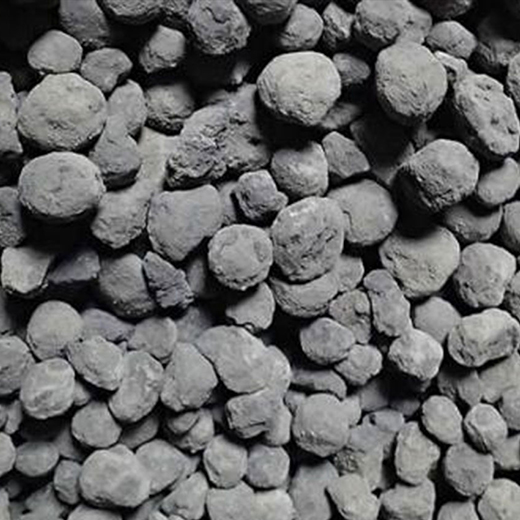
Clinker is grounded into a fine powder and used as a binder in cement products, gypsum can be added in small amounts to further the coagulation. Other active ingredients or chemical admixtures are added to produce other kinds of cement. The most common cement produced from Clinker is known as the Portland cement. However, there exists a variety of cement produced from clinker and they are sulfate resistant clinker, low heat clinker, white Clinker, Low-Alkali Clinker, Belite Calciumsulfoaluminate Ternesite (BCT). Clinker is hardy enough to be used to produce cement, it can be stored in dry conditions for several months with minimum degradation. The material’s superb integrity can withstand deterioration, making it a highly traded commodity.
Global Transit values it clinker sourcing advantages from Vietnam, Indonesia, Pakistan, Thailand, UAE, India, And Turkey for export.
Coal
Coal is a black sedimentary rock mined from the undergrounds of the earth and used largely for generating electricity. Made up of mostly carbon with elements of hydrogen, sulfur, oxygen, and nitrogen, the impurities found in coal actually determine its use. The formation of coal is a naturally-occurring process, with decayed organisms being sifted down to the depths of the earth, the high pressure and increasing heat from the earth’s core cause it to decompose at a much slower rate and thus retaining its carbon, which is the core of the matter.
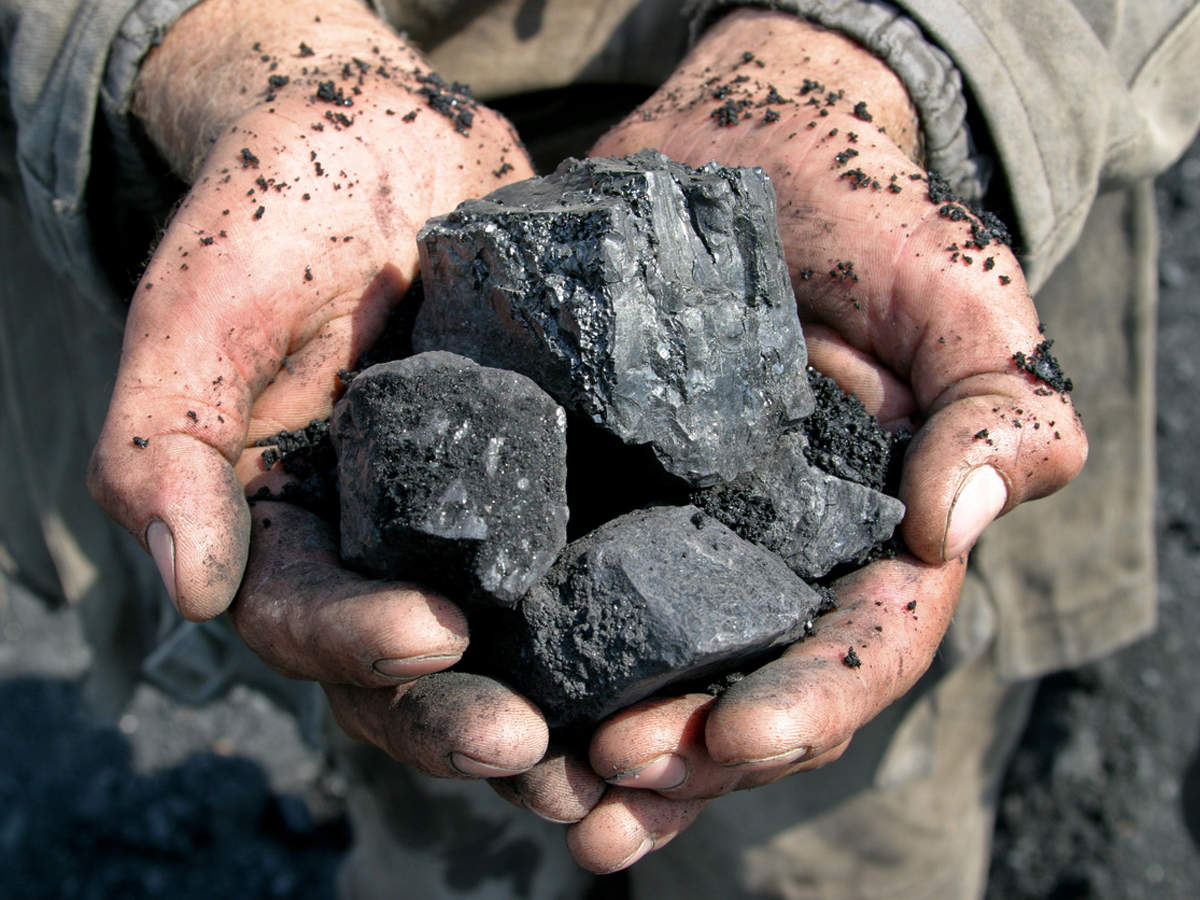
One of the most indispensable sources of energy, it acts as a fuel for our modern lifestyle and part of building structures in civil engineering. Responsible for much of humanity’s advances during the industrial revolution, Coal played a role in advancing the UK rail freight in the 20th century.
Today, Coal is burned as fossil fuel and a good portion of the coal mined is burned in power stations to produce heat and energy. However, there are also other uses of coal including activated carbon for filtration, carbon fiber as a strong but lightweight reinforcement material, and silicon metal in cosmetics
Global Transit opened the Coal desk in Indonesia, Vietnam, and China to handle growing demand in the region. Global Transit successfully moved coal from Australia, Indonesia, South Africa and Russia to cement manufacturers, bricks factories, and power plant users in the region.
Gypsum
Gypsum is a crystallized sulfate mineral used in construction. Commonly identified by its lustrous appearance and translucency, Gypsum is an attractive and useful material.
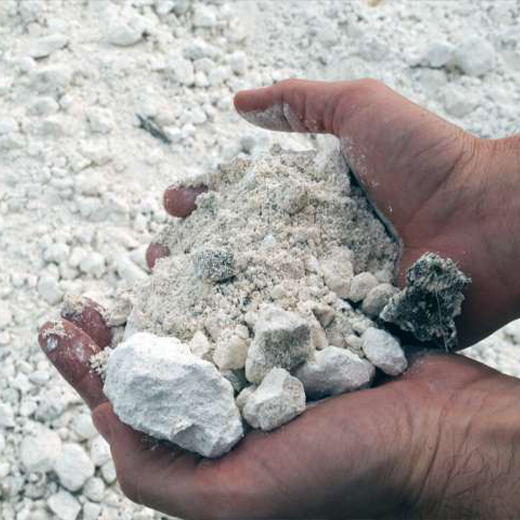
As a naturally-occurring mineral, Gypsum is found in the layers of sedimentary rocks when water containing calcium and sulfates is repeatedly evaporated and restored. To process Gypsum, it is grounded into a fine powder and boiled down to remove any moisture. When water is added to the powder, it will harden and form a mold, making it an excellent binding agent. Gypsum rock is found mainly in North America, with the largest Gypsum quarry in the world located in Nova Scotia, Canada.
The safety of this material is one of the reasons why it is used widely in our daily lives, it has fire-protection abilities and is a popular form of coating for drywalls used in residential and commercial properties.
Its role in construction includes plastering dry walls, paving roads, and as a binding agent in Cement.
Even in our diets, we might be consuming Gypsum unknowingly. Gypsum is added into bread dough to prevent stickiness and as an additional source of calcium. In tofu-making, it acts as a coagulant, making it the main source of calcium in an Asian diet.
Global Transit has been exporting Gypsum from Oman and Thailand to various countries. In 2019 Global Transit moved approx. 20% of the total Oman Export volumes to Asia. To date Global Transit Gypsum volumes continue to rise, thanks to the growing demand in Asia and Indian subcontinent regions.
Global Transit
Global Transit is growing rapidly but still maintaining its core values of integrity, hard work and excellent service.
Limestone
Limestone is a naturally occurring sedimentary rock composed of mostly calcium carbonate. Formed in clear, shallow and warm waters. This rock is usually the result of an accumulation from coral, algae, and fecal debris. However, it can also be formed through the precipitation of calcium carbonate from lakes or oceans.
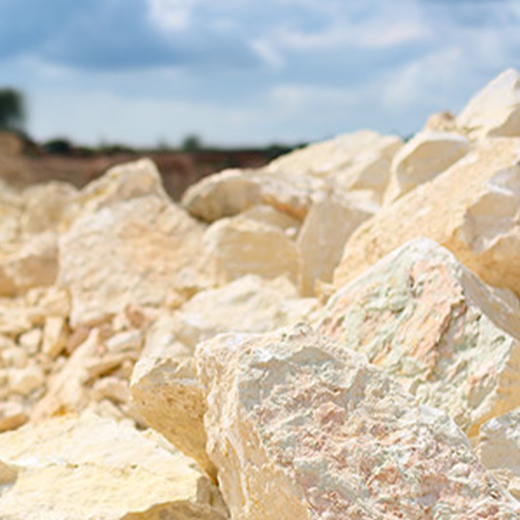
The widespread use of limestone can be attributed to its physical properties and its suitability in construction use. Its hard and dense structure coupled with minimum pore spaces makes it a great utilitarian material with a varied range of applications. More often than not, it is crushed and used in construction as part of cement. Other specialized uses include paving roads or used in agriculture to neutralize acid-ridden soil and as a filler ingredient in toothpaste. Powdered limestone is anti-pollution and acts as a sorbent to absorb pollutants in the air and crushed limestone is used as a natural filter in on-site sewage systems.
Global Transit exports bulk limestone from Vietnam and UAE for Cement and Steel manufacturers.
Steel
Steel is an alloy made up of mixed metals such as iron and carbon. This material is favored for its durability and low manufacturing cost which is responsible for its widespread application from infrastructures to vehicles and even electrical appliances.
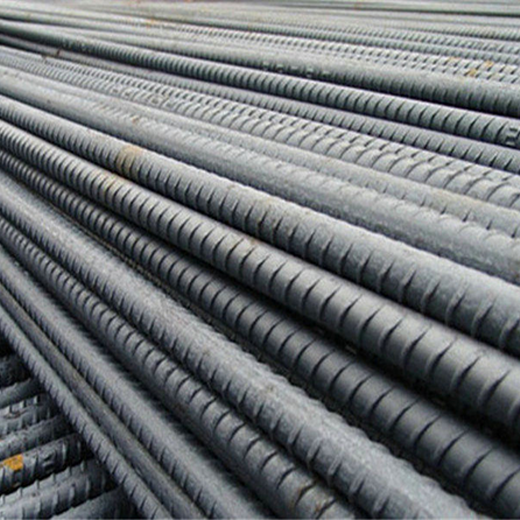
Iron is the base metal used in the production of steel, the manufacturing of steel involves iron ore smelted in blast furnaces and other metals added to it to produce steel with desired properties. However, this process causes the iron to contain more carbon than required and has to be reprocessed multiple times for the dosage of carbon to be just the correct amount. Modern methods of steel production require the use of coke instead of charcoal in blast furnaces for more economical reasons.
Although recent improvements in production processes have made it possible for higher grade steel to be produced with lower costs, electrical furnaces used in modern production lines are still costly due to high electrical energy usage. In 2018, approximately 1,808 million tonnes of crude steel was produced, Asia alone was responsible for two-thirds of the output. Production-wise, China accounts for half of the world’s steel production and is the largest steel producing country in the world. This is followed by India and Japan.
Global Transit handles the distribution of Steel Rebar in African countries and supplies Granulated Blast Furnace Slag to Bangladesh, UAE, and South America.
Cement
Cement is a commonly used substance in construction and acts as a binder that hardens when combined with water to become a paste known as concrete. This material is usually the foundation of construction projects and is one of the most-consumed resources on the planet.
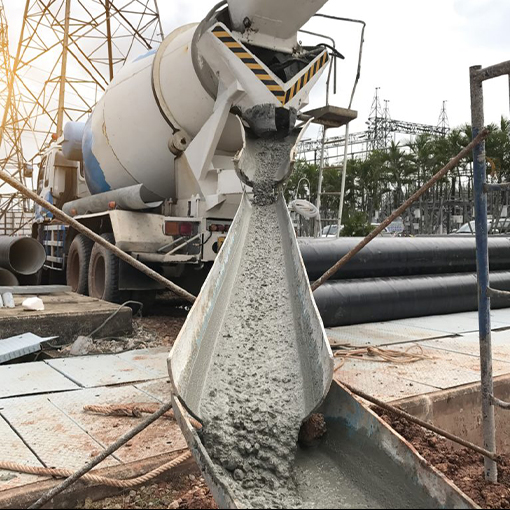
Cement used in construction presents itself in an inorganic form and is often lime or calcium silicate-based, it could be further characterized by its ability to bind with water. Known as non-hydraulic and hydraulic cement respectively, non-hydraulic cement sets well in the absence of liquids whereas hydraulic cement binds with liquids to form a durable and non-water soluble material that is safe from chemical attacks. Good cement manifests itself as an excellent building material and this is determined through properties such as the fineness of the cement, the duration it takes to harden, the strength of the material, and its ability to retain its shape upon hardening.
Cement plays many roles in our physical world, because of its versatility and durability in construction projects, this substance is a favourite among civil engineers and has proven to be an indispensable resource. It exists as part of the tiles on our floors and the roof that shelters us from natural elements. Public spaces such as tennis courts, telephone booths, bus stops, and even sheltered walkways all require the use of cement in its structures.
Global Transit invested in a Cement Manufacturing plant in Vietnam to capture the growing demand in the region. Global Transit also has sourcing advantages from Indian Subcontinents and Middle Eastern countries to cater to the growing demand for cement in African regions. Global Transit handles cement distributing in the Indian Ocean and African countries.
